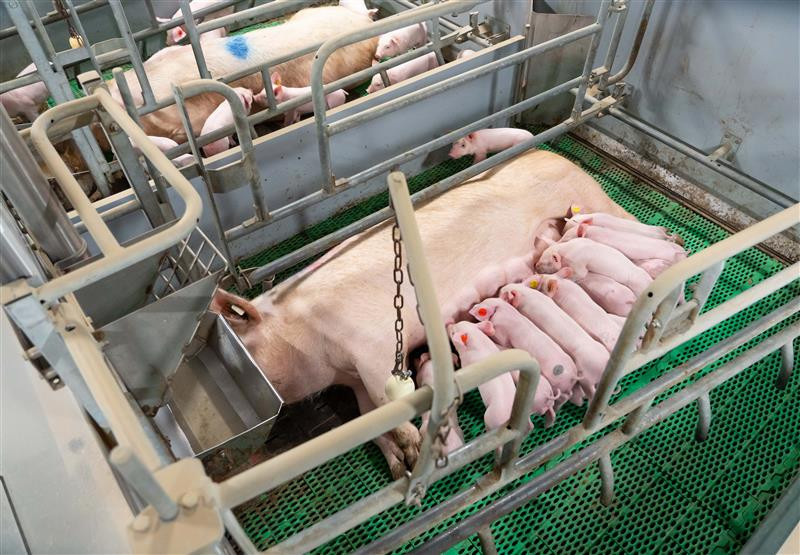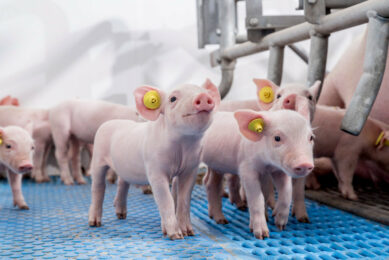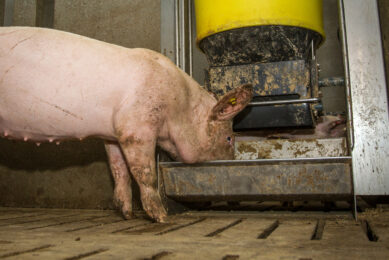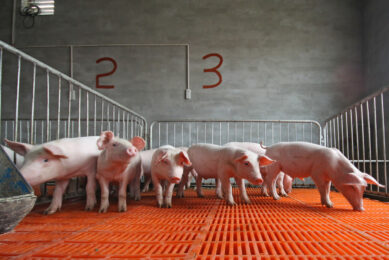Korean research: Dietary yeast alleviates heat stress in sows

Yeast β-glucans can be effective in alleviating the adverse effects of heat stress due to lower respiratory rate and hair cortisol.
That was the outcome of recent research by a team of researchers from South Korea’s Kangwon National University. The team wrote about it in the Journal of Animal Science and Technology, which was published earlier this year.
The team chose to evaluate the effect of dietary yeast β-glucan on lactating sows under heat stress, and their offspring, because the effects of heat stress are well known. The team noted that heat stress decreases growth rates, milk yield and production performance, alters carcass quality and enhances mortality and morbidity in pigs. In addition, the team explained that lactating sows are more susceptible to heat stress due to increased metabolic demands and heat production by the mammary glands.
The team opted to investigate β-glucans because the compound is a polysaccharide in the yeast cell wall that alleviates stress and promotes immune function and antioxidant activities.
Data collection
The researchers used a total of 30 sows in this trial and randomly assigned them to 3 groups. The following feeding regimes were used:
- Group 1: Basal diet
- Group 2: Basal diet and 0.05% β-glucans
- Group 3: Basal diet and 0.10% β-glucans
They monitored the temperature and humidity of the gestation during the experimental period. They recorded the respiratory rate, rectal temperature, average daily feed intake and body weight of sows. After farrowing, they recorded litter total born, born alive, stillborn, bodyweight at birth and weaning, and the number of piglets weaned. The research team also collected hair samples for cortisol analysis and blood samples to determine inflammation and antioxidant status of sows.
Impact of yeast supplement on sows
Supplementing yeast decreased respiratory rate, but it had no impact on rectal temperature. On the other hand, dietary yeast increased average daily feed intake but did not improve bodyweight. In addition, feeding yeast decreased hair cortisol level and the levels of the cytokine TNF-α, lipopolysaccharides (LPS) and the enzyme SOD in sow blood. All 3 are related to stress or inflammation.
Impact of yeast supplement on piglets
Supplementing yeast increased weaning weight; however, it did not affect the overall count of born piglets, number of weaned piglets or mortality rate.
The authors concluded that yeast β-glucans are effective in alleviating the adverse effects of heat stress due to lower respiratory rate and hair cortisol. In addition, β-glucans lower TNF-α, LPS, and SOD levels and increases average daily feed intake and the piglets’ weight gain.











